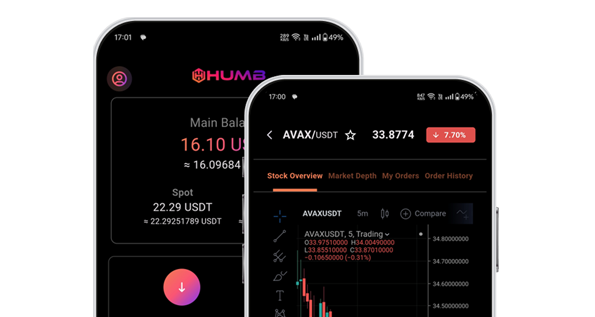The advantages of democratising Healthcare data
Traditionally, healthcare data has been siloed within disparate systems, hindering interoperability and limiting patients' engagement in their own care. However, with the advent of innovative technologies, particularly blockchain and tokenization, there is a growing movement toward democratizing health data. This transformative approach envisions patients as active participants, allowing them to tokenize their health records securely on a blockchain. By doing so, individuals gain the ability to control who accesses their data, fostering transparency and privacy. The democratization of data not only enhances patient autonomy but also facilitates seamless collaboration among healthcare providers, researchers, and insurers. Patients become key stakeholders, able to make informed decisions, participate in medical research, and even monetize their health data in a secure and transparent manner. Ultimately, the democratization of healthcare data holds the promise of creating a more patient-centric, collaborative, and efficient healthcare ecosystem.
This transformative concept has several implications for the healthcare sector:
Patient Centric Data Control
Patients can have their health records represented as tokens on a blockchain. This allows them to control access to their data, selectively sharing it with healthcare providers, researchers, and insurers while maintaining ownership.
Informed Decision Making
Individuals can access a transparent and immutable record of their health data. This empowers patients to make informed decisions about their healthcare by having a comprehensive view of their medical history, treatments, and outcomes.
Research CollaborationResearchers can tokenize datasets, making it easier to collaborate on medical research. Patients may choose to contribute their data to specific research initiatives, fostering a collaborative approach to scientific discoveries
Ownership of Health-Related AssetsIndividuals can have fractional ownership of health-related assets, such as medical equipment or datasets. This opens up new opportunities for investment and collaboration in the healthcare industry.
Personalised Healthcare IncentivesTokenization allows for the creation of incentive models where individuals are rewarded with tokens for adopting healthy behaviors. This could include participating in wellness programs, adhering to treatment plans, or engaging in preventive care. treatments, and outcomes.ownership
Enhanced InteroperabilityThe use of standardized token formats for health data promotes interoperability. This means that different healthcare systems and entities can seamlessly exchange data, overcoming the challenges of data silos.
Reduced Information Asymmetry
Tokenization facilitates transparent and traceable healthcare transactions. Patients and stakeholders can have visibility into the entire lifecycle of a health-related transaction, reducing information asymmetry and enhancing trust.
Decentralised Identity and ControlPatients can have secure identity tokens associated with their health data . Decentralized identity solutions, enabled by tokens, enhance security and allow for more granular control over consent management.
Participation in Health researchInformed consent processes can be facilitated through tokenization. Patients can provide consent for their data to be used in research projects, and the terms of consent can be encoded in smart contracts
Efficient Claim ProcessingInsurance claims processing can be streamlined through tokenization. Tokens representing claims can be automatically processed through smart contracts, reducing administrative overhead.
Inclusive Financial Models
Tokenization opens the door to innovative financing models for healthcare. This could include tokenized health insurance policies, crowdfunding for medical treatments, and other decentralized financial instruments.
We at HUMB firmly believe that the democratization of data using tokens in healthcare will shift the balance of control and access, giving individuals more authority over their health information. By leveraging blockchain and tokenization, democratization holds the potential to revolutionize healthcare delivery, research, and innovation, creating a more equitable and patient-centric healthcare ecosystem.





